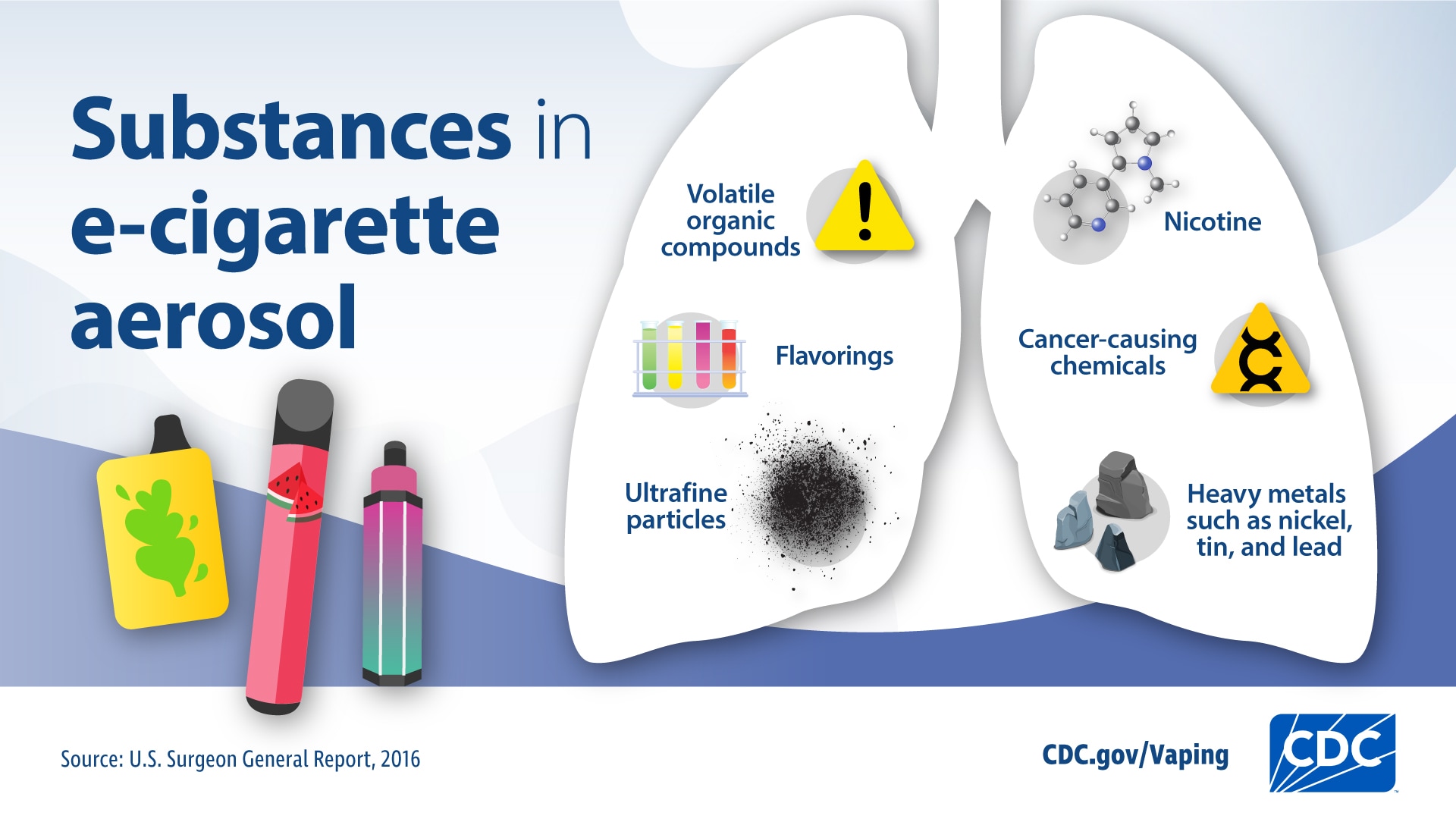 Thai Authorities Working to Discourage Youth from Using E-Cigarettes and Vapers
Thai Authorities Working to Discourage Youth from Using E-Cigarettes and Vapers
Authorities in Thailand are taking action to discourage young people from using e-cigarettes and vapers. The concern over the illegal sale of these products in schools has prompted Prime Minister Srettha Thavisin to direct the competent agencies to address and halt their distribution. The issue was discussed at a seminar hosted by the Action on Smoking and Health (ASH) Foundation, where approximately 100 participants from across the country gathered.
One of the main concerns highlighted during the seminar was the threat posed by e-cigarettes among students. A report from the Thailand Youth Institute revealed that there are 72 e-cigarette businesses in the city, with 51 of them located near schools. It was also discovered that some e-cigarette items have been specifically designed to appeal to minors, with packaging featuring vividly colored cartoon characters and flavors like candy, fruit, and mint. There have even been cases of students bringing these products to sell in school.
To address this issue, the Consumer Protection Board (CPB) will be taking steps to eliminate vaping items and raise awareness about the dangers of e-cigarettes among youths. Legal action will also be taken against anyone caught participating in the distribution of these products.
The rise in smoking among Thailand’s youth is largely attributed to the popularity of e-cigarettes. According to Dr. Prakit Vathesatogkit, head of the ASH, a survey of 6,700 Thai children aged 13 to 15 revealed that the number of young smokers has increased from 3.3% in 2015 to 17.6% in 2022, which is over 5.3 times higher. The survey also showed a rise in smoking rates among young women.
Dr. Prakit emphasized the importance of finding a solution to the vaping epidemic among children, as they are at risk of developing nicotine addiction for life. In response, the National Health Commission (NHC) has formed a committee to design a vaping control policy. The NHC has also urged the government to maintain its restrictions on the importation of these products.
Various organizations, including the Thai Health Promotion Foundation (ThaiHealth), are collaborating to reduce the prevalence of vaping among young people. Their efforts include raising awareness among students, teachers, and parents about the dangers of e-cigarettes, as well as supporting vaping control measures.
Thailand has strict vaping laws in place. It is illegal to import, export, sell, or manufacture e-cigarettes and vaping items. Violators face significant penalties and possible jail time. While using e-cigarettes is not strictly prohibited, carrying them can still lead to trouble. Thai officials view vaping as a gateway to smoking and a public nuisance, and the restrictions aim to reduce its appeal among young people.
Despite these limitations, the vape black market continues to thrive, providing access to these products. However, it is advised for travelers to avoid vaping in public to avoid confiscation and penalties.

